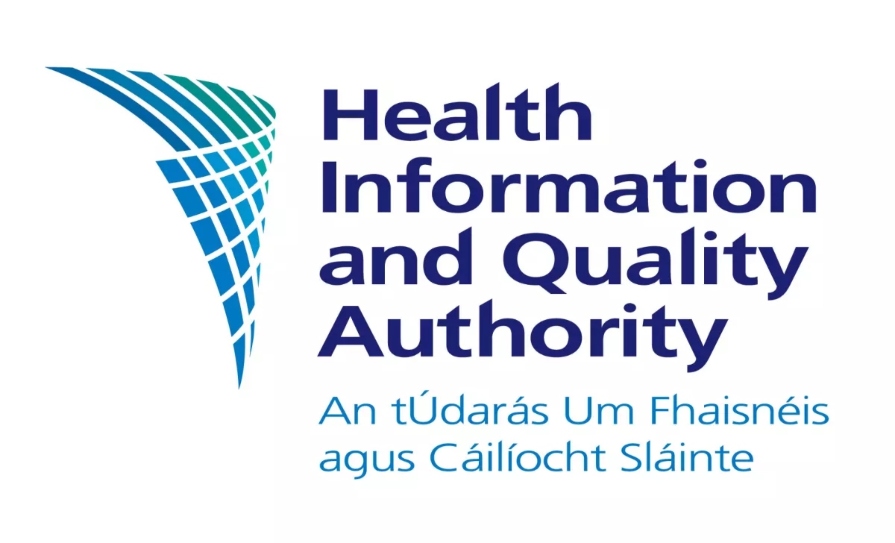Surgical hubs and elective hospitals, “will go a long way to address the challenges in elective surgery”, the RCSI President Prof Deborah McNamara told this newspaper.
However, Prof McNamara cautioned that even with this extra infrastructure, there remained “a huge need” for the health service to focus on patients who need a longer stay in hospital.
She said these are patients who require “all of the resources of a bigger hospital in order to get the surgical care that they need”.
“And we have major concern about that, I’ll be honest. So, the elective surgical hubs, and elective hospitals will go a long way to address the challenges in elective surgery. But for some of the most complex, elective operations, they won’t address the totality of what we need.
“That needs to be taken into consideration alongside interventions to protect surgical beds and theatre capacity in our [existing] bigger hospitals that have emergency departments.”
Prof McNamara was speaking to the Medical Independent (MI) at the recent annual Millin Meeting held in the RCSI. (Coverage of the Millin meeting will be carried in the 9 December issue of MI).
Separately the HSE told MI the elective hospitals in Cork and Galway are being progressed first. The design team are actively working on the design for these hospitals, including carrying out necessary surveys and site investigations to inform the design as it develops toward planning permission applications.
“A key issue emerging for the Cork site is the road access, and the HSE continues to actively engage with Cork City Council to find a solution,” the spokesperson told MI.
In relation to the two Dublin sites, the demand modelling and validation are underway, along with the assessment of current and planned infrastructure for ambulatory care in the catchment area to underpin the scope and scale required.
A total of nine HSE surgical hubs are also at various stages of development nationally, two of which are operational.

















